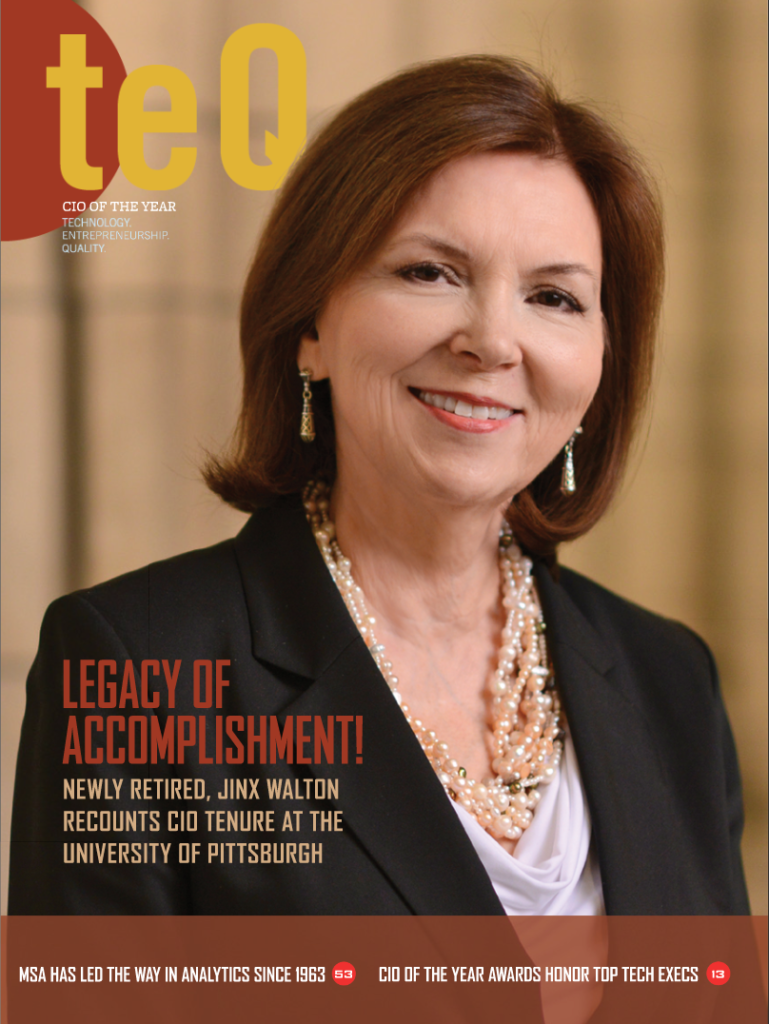Technology and Communication: Digital Convergence

Businesses today rely on a multitude of technologies, from email productivity tools like Slack to websites and cloud-based apps such as Salesforce or HubSpot to advance their mission. Most of this reliance centers on teams residing in multiple areas that follow the buzzwords of the day: productivity and efficiency. But how efficient are these technologies when the arena shifts from regional or national turf to a global platform? More importantly, how does communication tie in with these technologies to overcome geography and language barriers?
Recently, we embarked on a global digital discovery project that will ultimately lead to a variety of digital resources for a worldwide audience. Not only is this project an IT one, but it quickly became a communications assignment as well. Be ow. snare how a convergence of tech and communications has led to success to date, along with some key takeaways from a project of this magnitude.

Know how your team works
With varying knowledge levels come unique perspectives, but managing those perspectives based on language and cultural influences can present a challenge. Overcoming language barriers begins with engaged listening, but I found cultural problems more difficult. For example, Japanese business leaders prefer the use of app-based communications tools, while U.S. colleagues prefer email. Incorporating these nuances of communication and technology into our team parameters has taken some getting used to.
Understand technology regulations and cultural differences
When working on an international project. understanding and incorporating a global perspective will lead to success. Admittedly, this is not a strong skill Americans possess, but finding answers to several questions will eliminate anxiety in the long run.
Understanding GDPR certainly helps, but what other current or future resolutions will impact the project? Will social media restrictions impede knowledge sharing? Will our copyright or trademark be enforceable in certain countries? How does a European holiday affect the project deadline?
Most of these questions have a quick solution: the last one, however, caused severe delays. The point is, understanding and acknowledging the impact of these issues and including the right team members leads to success.
How to globally communicate
English is the accepted language of business, but various countries communicate and work quite differently from each other. I mentioned the Japanese app-based approach, and direct messaging has many advantages, but the most significant setback is the lack of a digital thread. With the state of international diplomacy, collaboration open dialog and knowledge sharing continue throughout the world. However, business leaders based in countries such as China or Russia are finding it more difficult. These are legitimate concerns beyond the scope of a digital or marketing effort, but if not considered will present serious implications. With proper approaches to both communication and technology, the global stage could be your companies next step! Check out our Public Relation page to learn more and contact us for professional help.
